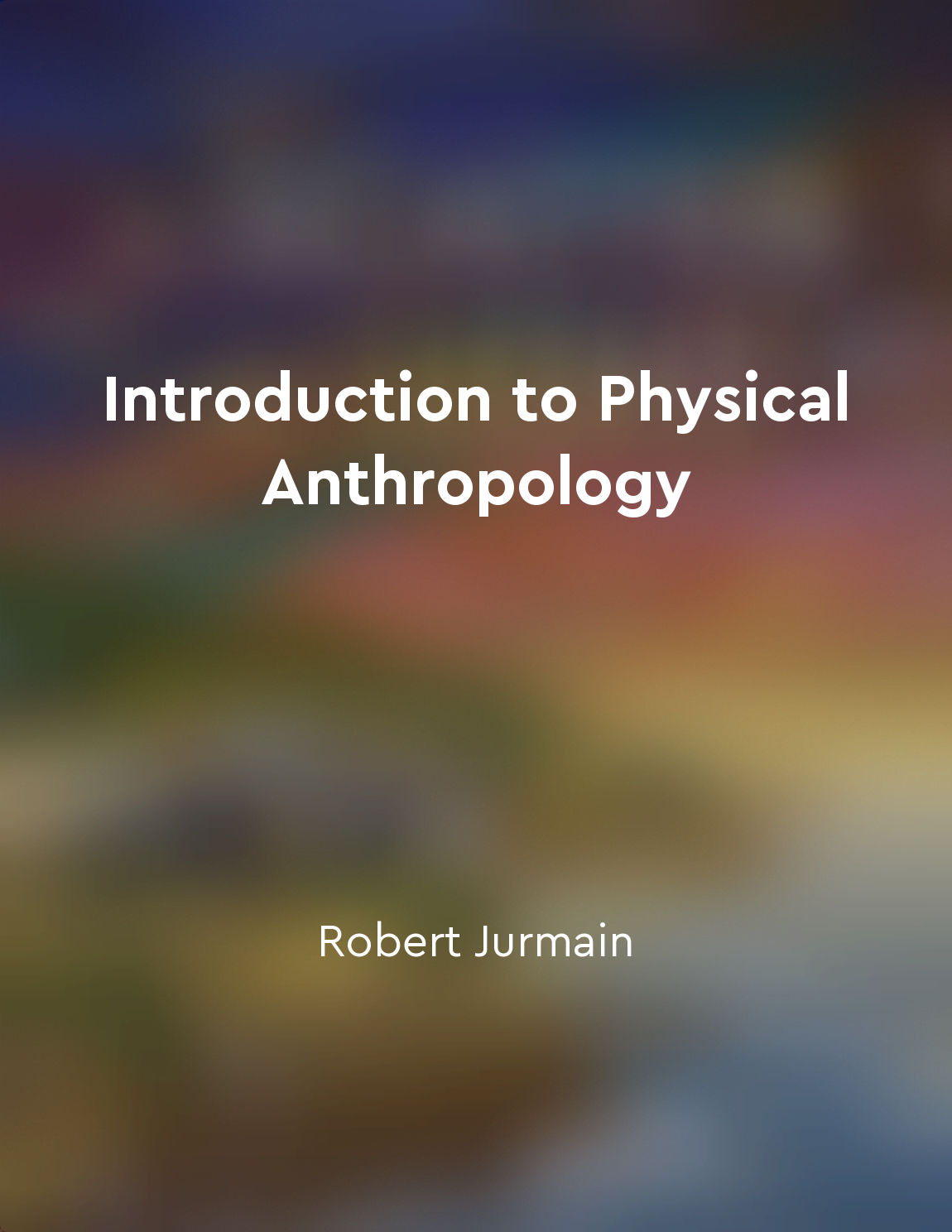Audio available in app
Parental investment theory plays a crucial role in understanding reproductive strategies from "summary" of Evolutionary Psychology by David M. Buss
Parental investment theory is a fundamental concept in evolutionary psychology that provides insights into the reproductive strategies of organisms. This theory posits that the amount of time, energy, and resources that parents invest in offspring significantly influences their reproductive decisions. In the animal kingdom, this investment can take various forms, such as providing food, protection, or teaching important skills to offspring. Understanding reproductive strategies requires considering the trade-offs that individuals face when allocating their limited resources to different activities. For example, a parent may choose to invest more in one offspring over another if they believe that it will increase their overall reproductive success. This decision-making process is influenced by factors such as the parent's own survival, the availability of resources, and the quality of potential mates. Parental investment theory helps explain why different species exhibit diverse reproductive behaviors. For example, in species where males invest significantly in offspring, such as seahorses, males are often choosier when selecting mates. This is because they have more to lose if they invest in offspring that are not genetically related to them. In contrast, in species where females invest more in offspring, such as many mammalian species, males may compete with each other for access to females. Moreover, parental investment theory also sheds light on the evolution of mating preferences and sexual behaviors. Individuals may prefer mates who exhibit traits that signal high parental investment, such as physical attractiveness or resources. This preference can be advantageous as it increases the likelihood of successful reproduction and offspring survival.- Parental investment theory is a crucial framework for understanding the complex interplay between parental investment and reproductive strategies in the natural world. By examining how individuals allocate their resources to offspring, researchers can gain valuable insights into the adaptive behaviors that have evolved to maximize reproductive success.
Similar Posts

Physical anthropology is the study of human evolution
Physical anthropology, at its core, delves into the study of human evolution. It seeks to understand the biological origins of ...
Men's brains are more attuned to detecting threats in the environment
In the evolutionary timeline, men were often tasked with the responsibility of providing for and protecting their families. Thi...
The impact of sex differences on relationships varies across cultures
The ways in which sex differences influence relationships are not fixed, but rather flexible and contingent upon the cultural c...
Women crave emotional connection
In today's fast-paced world, women often find themselves juggling multiple responsibilities, from work to family to social obli...

Sexual freedom can lead to personal fulfillment
In our society, sexual freedom is often viewed as a threat to the stability of relationships and the fabric of society itself. ...
Friendliness is a foundation for altruistic behavior
Friendliness is more than just a surface-level trait; it is a fundamental aspect of human nature that underpins our ability to ...
Love can be analyzed through various lenses
Love, that complex and multifaceted emotion that has puzzled philosophers, poets, and scientists alike for centuries. It is a f...
Evolution favors adaptations that increase gene survival
The process of evolution can be summed up in one simple phrase: survival of the fittest. But what does it truly mean to be the ...
Human behavior is a complex interplay of instincts and rational thought
In the realm of human behavior, we are often faced with a seemingly endless array of actions, reactions, and decisions that sha...
Constant stimulation from internet porn can lead to desensitization
In the digital age, constant exposure to internet porn has become a common phenomenon. The ease of access and the plethora of o...


